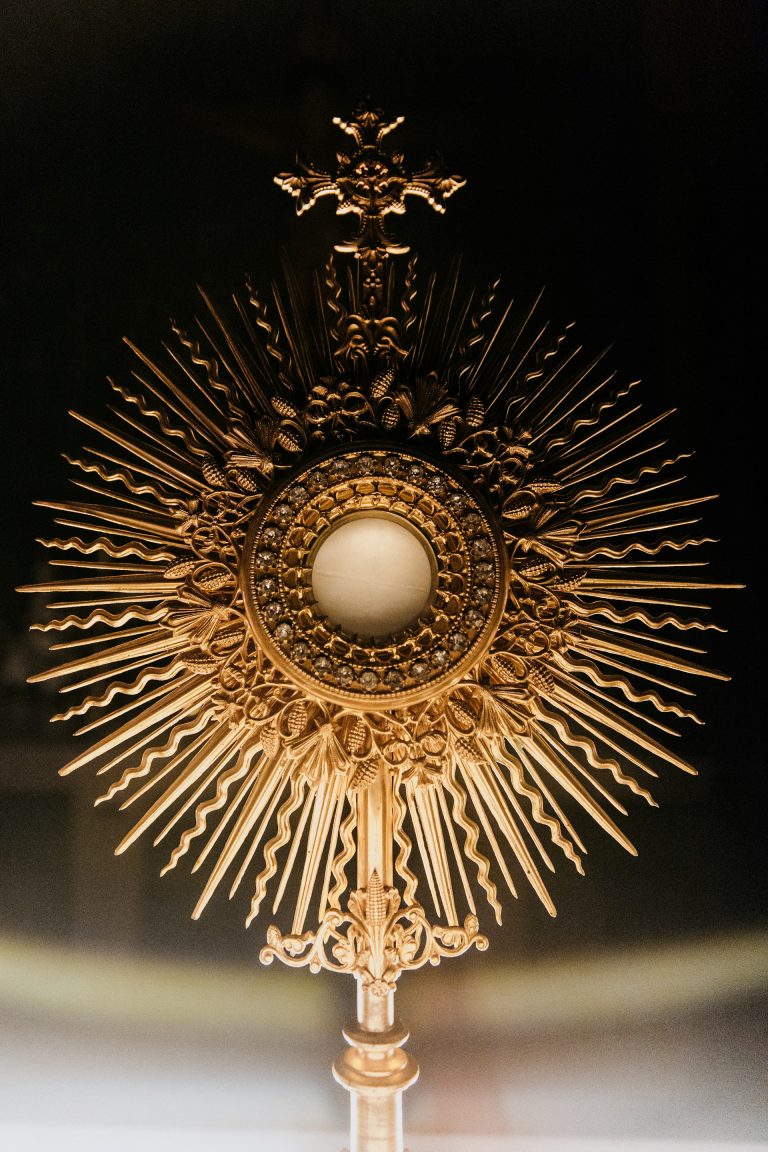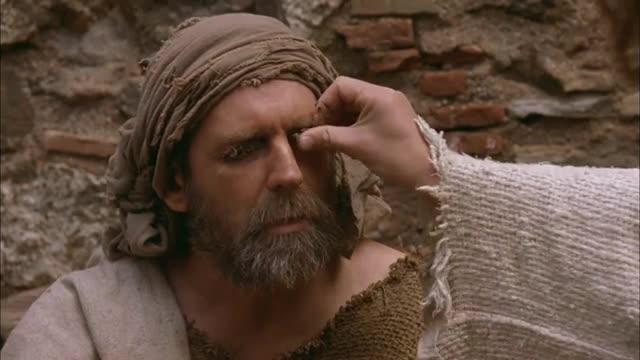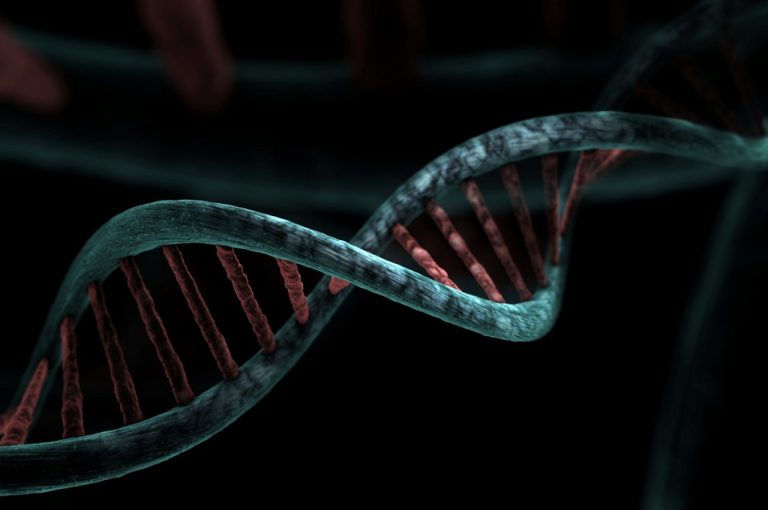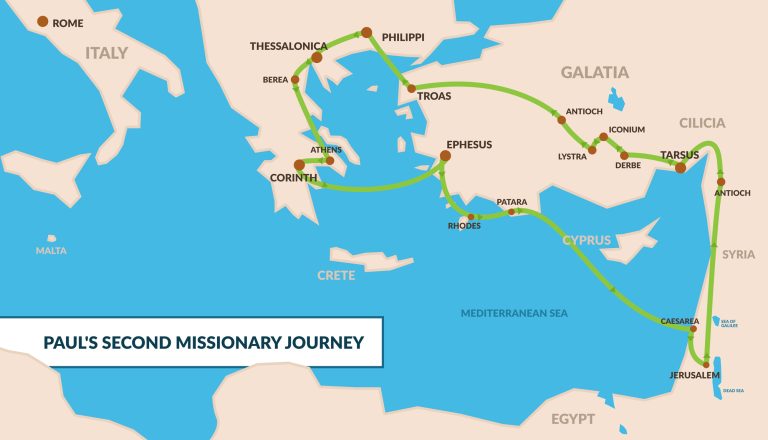 John 20:23 and Mt. 16:18-20 tell us that Catholic priests are ordained with the power to forgive sins. Those whose sins are forgiven are able to receive The Body and Blood of Christ at Communion. Catholic priests are able to bring about the Miracle of Transubstantiation. At each Mass since The Last Supper, a Catholic priest has turned bread and wine into The Body and Blood of Jesus Christ.
John 20:23 and Mt. 16:18-20 tell us that Catholic priests are ordained with the power to forgive sins. Those whose sins are forgiven are able to receive The Body and Blood of Christ at Communion. Catholic priests are able to bring about the Miracle of Transubstantiation. At each Mass since The Last Supper, a Catholic priest has turned bread and wine into The Body and Blood of Jesus Christ.
Protestant ministers are not able to forgive sins. They are not able to preside over the change of bread and wine into The Body and Blood of Jesus Christ in their denomination’s services.
So, what is it that Protestant ministers do? What service do they provide?
Before The Catholic Church began to spread through Europe, our ancestors worshiped a great many variations of earlier Celtic, Greek, Roman, and Babylonian religions.
The Celtic traditions had bards who memorized and told stories. Before radio, television, newspapers and magazines, the bards told stories of the past. They passed on histories of heroes and villains. Some of those stories, unwritten and committed to memory, were recorded in the last centuries.
Today, few pay attention to those old stories. But, for hundreds of years, they reinforced each tribe’s positive view of itself and the lessons it had learned.
Protestant ministers have, to a large extent, taken over that role of storyteller. Most of the stories in their sermons concern Jesus and His teachings and how they relate to people, today.
That helps many understand more about the prophets, prophecies, and Jesus.
While they are not empowered to forgive sins, or to preside over the Transubstantiation of bread and water into His Body and Blood, the very best Protestant ministers often tell the old, old stories of Jesus and His Love.








